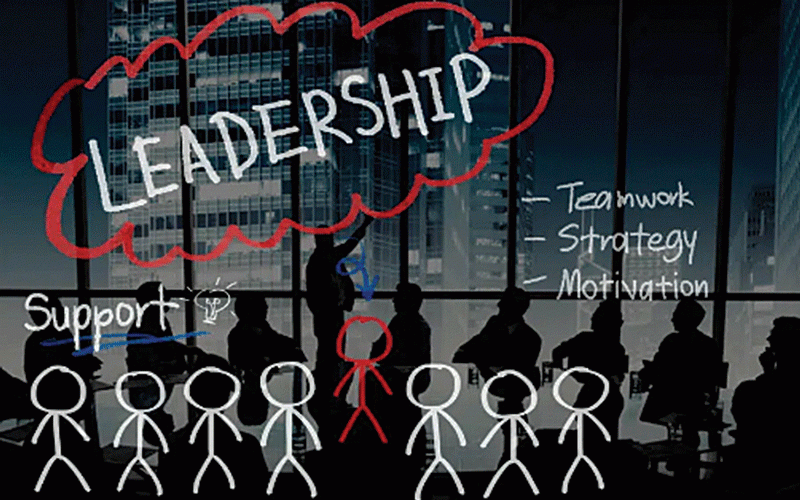
In a country where the political industry has thrived, brutally destroying the economy and manufacturing poverty and unemployment for the past decade and half, the only source of meaningful employment has been NGOs and international organisations.
By Tapiwa Gomo
High presence of NGOs often means the economy is not functioning and poverty is very high.
It means the government is sleeping on duty and therefore needs donations to feed its people. And as such NGOs and international organisations become a source of employment.
Working in that industry is not something that our colleges and universities have prepared us for. Most college and university syllabi prepare their students as if the economy is functioning. Therefore joining an international NGO is another learning journey which needs its own syllabus.
Everything there is new and foreign. You learn to work and live with cultural practices which you have not been prepared for either at home and or at college.
But you just have to cling on to that job to save the family back home. Most people start off as national staff but after acquiring two years of experience, they start dreaming of being international staff – working in those strife torn countries – purportedly helping the needy.
But the real motivation are the allowances, travel opportunities and an increased income which comes with being an international aid worker.
- Chamisa under fire over US$120K donation
- Mavhunga puts DeMbare into Chibuku quarterfinals
- Pension funds bet on Cabora Bassa oilfields
- Councils defy govt fire tender directive
Keep Reading
From an economic perspective, it means one can now dream of acquiring or building that dream house, that car (not dzema bhero) and that lifestyle even though they live in uncomfortable conditions in their duty stations.
So you grab the first opportunity that comes your way and you are deployed in that tough country to save lives.
Back home you are hero but you stay in squalid conditions which no one back home is aware of. In fact you pretend everything is okay as you soldier on while socially integrating into the international aid worker community.
By the time you realise it, it is already two or four years and you have only been home twice or three times. Suddenly, you now have friends from all corners of the world, networks that are probably relevant for your future career. But the less you have been home, the further you have drifted from your social networks back home. Your networks of friends back home have taken their own lives. Close friends have found new close friends, while others have are now married and focusing on their lives. Your siblings or cousins who have been doing run-arounds for you are also now engaged in their own social projects.
And because of that, you can no longer trust them to take care of your business. They have theirs to take care of. By the fifth year, on your next visit, the only people you find waiting for you back home are your lonely parents who have very little to share apart from updates of who has passed on in the family and who has eloped.
The discussions become boring with every visit you make but then you still think you need to keep in touch with your roots, which have in fact taken their own direction.
In short, the longer you have stayed outside the country, the more you have become lonely on your home visits. It is even more troubling if one left home before marrying because getting a partner back home becomes a huge and risky gamble.
In fact, most of the people you used to hang around with have been taken and married or even divorced. They have moved on with their lives.
You start relying on the same old networks to start new networks but it still does not hold as you are not always home. You begin to have doubts on whether those who claim to love you really mean it or they love your Diaspora money.
But at the back of your mind, you have that option of hooking up with another international aid worker but you are afraid of cultural incompatibilities.
Your heart still belongs to Zimbabwe and its cultural practices, the mutupos, the clan and the spiritual transductions. The international community comes with its own cultural demands for which you have not been prepared.
For those already married before becoming international aid workers, their work is also cut out for them. There are trust issues among partners.
Well, no one marries to see his or her partner once or twice a year, so the only option is to suck up to the rumours and gossip but then you are not sure how your partner is using family resources.
All these years, you have been a good partner, one who built that beautiful humongous house in the leafy suburbs of Harare and paid for that latest car as an expression of love to your partner.
But then if you are a man, you are not sure if the children who call you dad are yours and if you are woman, you don’t know how many more children your man is looking after. It is even worse for absent fathers as it is easy for those children who call you dad for that week you visit them to see you as that guy they call upon when cash is needed.
I mean, you only come home once or twice a year so your own children do not know you apart from your cash which you happily provide as a sign of being a good father.











